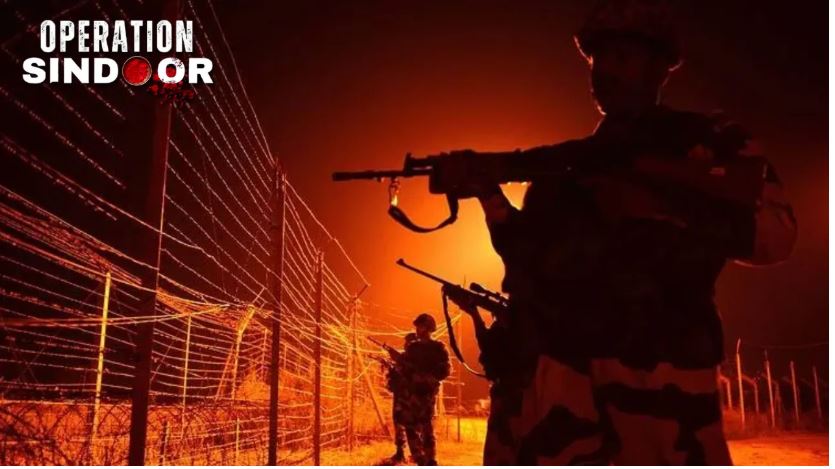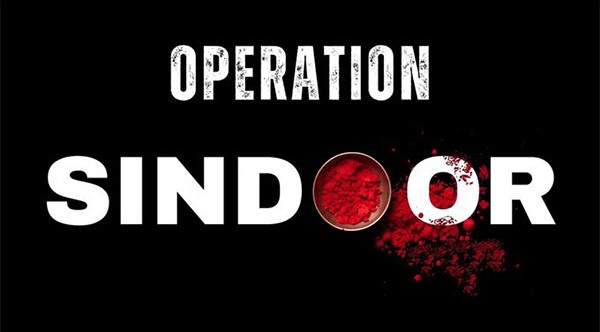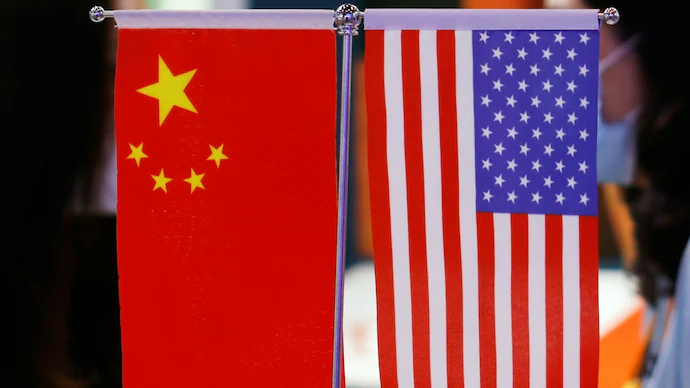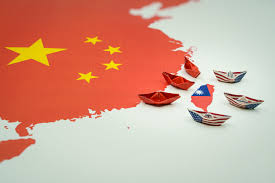China says launches military exercises around Taiwan

NEW DELHI: China has launched large-scale military drills around Taiwan, escalating tensions and increasing fears of a potential conflict. The drills, which began unexpectedly on Tuesday, are being framed by Beijing as a "stern warning" to Taiwan's government, which it accuses of separatist activities. China’s state media and military rhetoric have referred to Taiwan’s leaders as “parasites” and claimed that their pursuit of independence is a dangerous step toward war.
These actions, coming without prior warning, signal a significant intensification of China's ongoing efforts to assert its control over the self-governed island.
The drills involve a broad range of Chinese military forces, including the People’s Liberation Army (PLA) Navy, Army, and Rocket Force. They are focused on combat readiness, including air and sea patrols, targeting maritime and land sites, and imposing blockades around key areas and routes near Taiwan.
The Chinese military’s Eastern Theatre Command, responsible for the region, stated that these exercises were aimed at exercising control over Taiwan in line with Beijing’s long-standing “one-China” principle, which asserts that Taiwan is a part of China. Additionally, China’s Coast Guard has been involved in conducting "law-enforcement patrols" close to Taiwan’s territorial waters. This marks a continued integration of China’s military and paramilitary forces, a trend that has become a prominent feature of its strategy.
The PLA’s show of force also includes psychological warfare, with China releasing numerous propaganda videos and posters. One of the most provocative images depicted Taiwan’s President Lai Ching-te as a cartoon “parasite,” along with threatening imagery of Taiwan being destroyed.
The Chinese government has also used social media to ramp up nationalist sentiments and signal to both Taiwan and the international community that it is prepared to take more aggressive action. The inflammatory rhetoric targets Taiwan’s leadership, particularly President Lai, whose recent national security initiatives against Chinese espionage and influence have been a point of contention in Beijing.
Taiwan, which is democratically governed and operates as a de facto sovereign state, has strongly condemned the military exercises, viewing them as an escalation of China's continued attempts to coerce Taiwan into submission. Taiwan’s defense ministry reported the detection of over 70 Chinese aircraft and 19 naval vessels, including the Chinese aircraft carrier Shandong, during the drills. In response, Taiwan has raised its military readiness levels and conducted its own defensive exercises.
Taiwan has long been wary of Chinese military actions, but the latest drills have heightened concerns that China may use such military exercises as a cover for actual military action, such as a blockade or even an invasion.
The international response has been swift. The United States, which has historically supported Taiwan’s defense, has emphasized its commitment to countering Chinese aggression. U.S. Secretary of Defense, Pete Hegseth, visited several Asian countries recently, reiterating the importance of preventing any Chinese military action against Taiwan.
Analysts believe that Beijing's increasing pressure is not just about Taiwan but reflects broader ambitions for dominance in the Western Pacific region. China’s drills are seen as part of a long-term strategy to establish its hegemony in the region.
Taiwan's response to the drills and the escalating rhetoric has been firm. The government has rejected the idea of submitting to Chinese rule, emphasizing that the people of Taiwan overwhelmingly oppose the prospect of being governed by Beijing. President Lai, who has been vocal in his support for Taiwan’s sovereignty, has repeatedly called out China’s military actions as provocations designed to undermine Taiwan’s democracy and self-determination.
China’s military drills near Taiwan represent an alarming increase in tensions across the Taiwan Strait. While the drills have not yet escalated to open conflict, the growing military pressure and coercive tactics suggest that Beijing is prepared to use force to achieve its long-term goal of reunification. For Taiwan, the situation remains precarious, with the threat of further Chinese aggression looming larger than ever. The international community, especially the United States, faces the challenge of balancing support for Taiwan while deterring China from taking more drastic actions.











